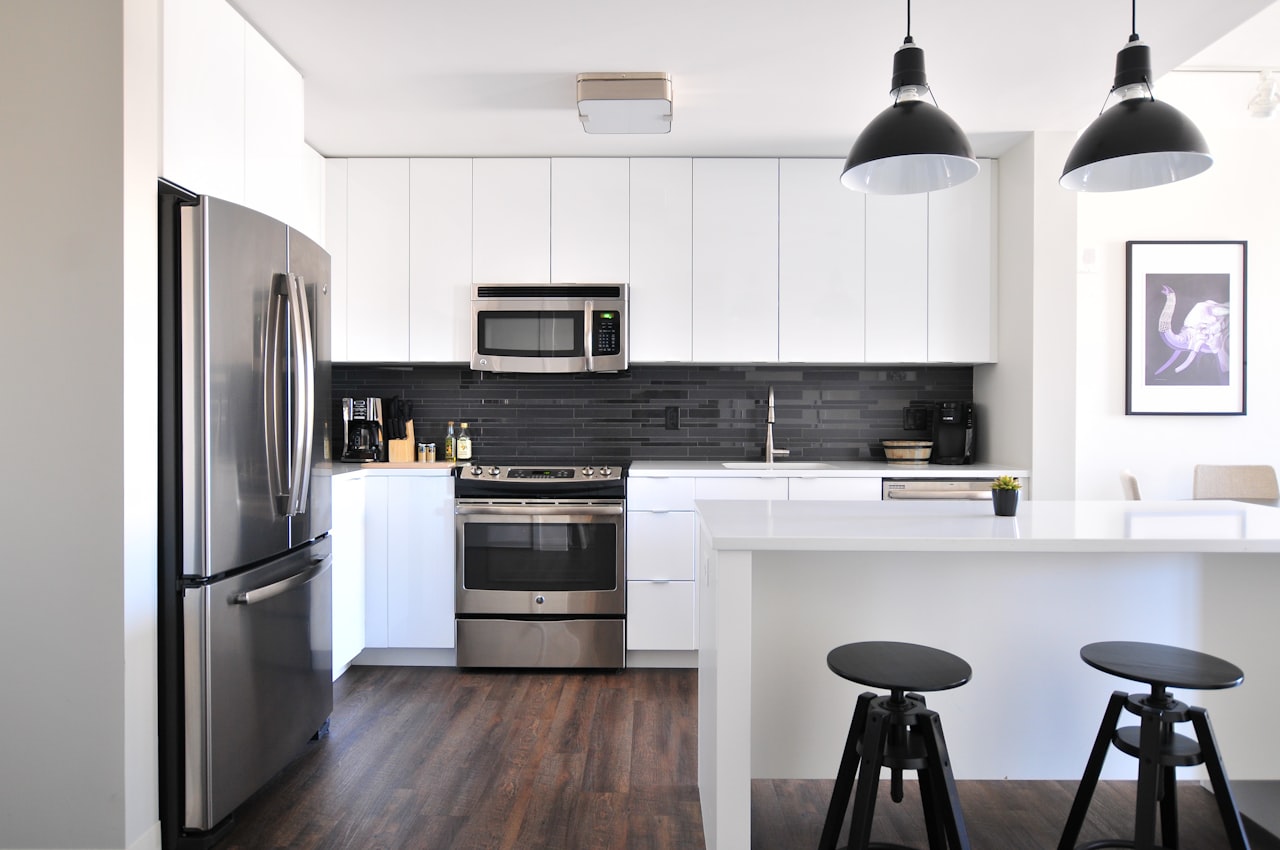Confidently Guiding Clients Through the 1031 Exchange Process
1031 can be a bit confusing, right? Have no fear - we are here. No, seriously.
Let’s break it down. 1031 Exchanges are common in Real Estate, however, over recent months - that may be changing. But, until those changes are made clear - here is an overview of what a 1031 Exchange is:
A 1031 exchange is a swap of properties that are held for business or investment purposes.
The properties being exchanged must be considered like-kind in the eyes of the IRS for capital gains taxes to be deferred.
If used correctly, there is no limit on how many times or how frequently you can do 1031 exchanges.
The rules can apply to a former primary residence under very specific conditions.
What next?
Decide to Exchange? If you want to sell your investment property, but don’t want to pay capital gains taxes - you need to set up a free consultation with 360 Investment Real Estate.
Once we sell the property - you will not take proceeds. Instead, the funds will be held by a qualified intermediary, likely an exchange accommodator.
Once the intermediary holds the proceeds, 360 Investment Real Estate will help you identify a suitable replacement property.
Sensitive Time Rules?
45-Day Rule
The first relates to the designation of a replacement property. Once the sale of your property occurs, the intermediary will receive the cash. You can't receive the cash, or it will spoil the 1031 treatment. Also, within 45 days of the sale of your property, you must designate the replacement property in writing to the intermediary, specifying the property you want to acquire. The IRS says you can designate three properties so long as you eventually close on one of them. You can even designate more than three if they fall within certain valuation tests.
180-Day Rule
The second timing rule in a delayed exchange relates to closing. You must close on the new property within 180 days of the sale of the old.
NOTE: Oh - one more thing to remember! The two time periods run concurrently, which means you start counting when the sale of your property closes. If you designate replacement property exactly 45 days later, for example, you'll have just 135 days left to close on it.







